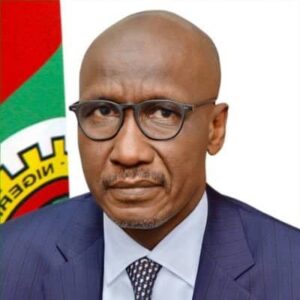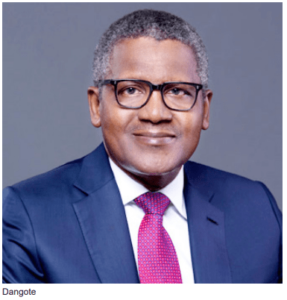Electricity companies lost N931bn in four years- Report

Report published by PWC Nigeria shows Electricity distribution companies in the country suffered a total loss of N931bn from 2014 to 2017.
The Partner and Chief Economist, PwC Nigeria, Dr Andrew Nevin, disclosed that the Discos had continued to report losses, stating that, a minimum estimated revenue of N1tn was required by Discos to break even.
He revealed that Discos suffered losses to the tune of N105bn in 2014, N150bn in 2015, N259bn in 2016 and N417bn in 2017 respectively.
He added that, they considered 50 per cent of energy received by Discos is transmitted to industries at a cost-effective rate of N80/Kwh, while other consumer categories maintain the current MYTO tariff charges.
Nevin stressed that, electricity tariff of N80/Kwh in Nigeria is still very low compared to most developed industrialized countries in the world.
He said, the effect of charging industries a tariff of N80/Kwh and supplying 50 per cent of electricity received by Discos to industries 24/7 is an increase in the level of manufacturing GDP from N6.4tn to N13.3tn.
He lamented that, Discos in Nigeria continue to report losses because they pay only an estimated minimum tax, based on turnover instead of the 30 per cent company income tax, which is higher and would have resulted in significant tax revenues for the government.
He added that, increasing electricity supply to industries have a direct effect on employment in the manufacturing sector as additional labour will have to be engaged to produce the GDP worth N49.6trillion
The Managing Director/Chief Executive Officer, Niger Delta Power Holding Company, Mr Chiedu Ugbo identified the lack of clarity in tariff regulations as one of the major factors affecting power projects developed and funded through project financing.
He averred that, the market is seriously challenged by limited transmission coverage, limited load offtake, and revenue shortage due to collection inefficiency, theft and corruption at the distribution level and indiscipline in market remittance.
Ugbo said private investment remained the future power financing in Nigeria in view of the huge capital requirement of the sector, he added that the government has a role to play to enhance the market with the well-coordinated policy as it is currently doing under the Power Sector Recovery Plan”
He said, operators and prospective investors are of the view that mere presence of the regulatory body is not sufficient, as there is a need to strengthen the Nigeria Electricity Regulatory Commission (NERC) “, he stated.
“The quality of regulation is critical transparent, fair and accountable regulators that produce credible and predictable regulatory decisions are necessary for creating the certainty around market access, tariffs and revenues that encourage investment” he said.








